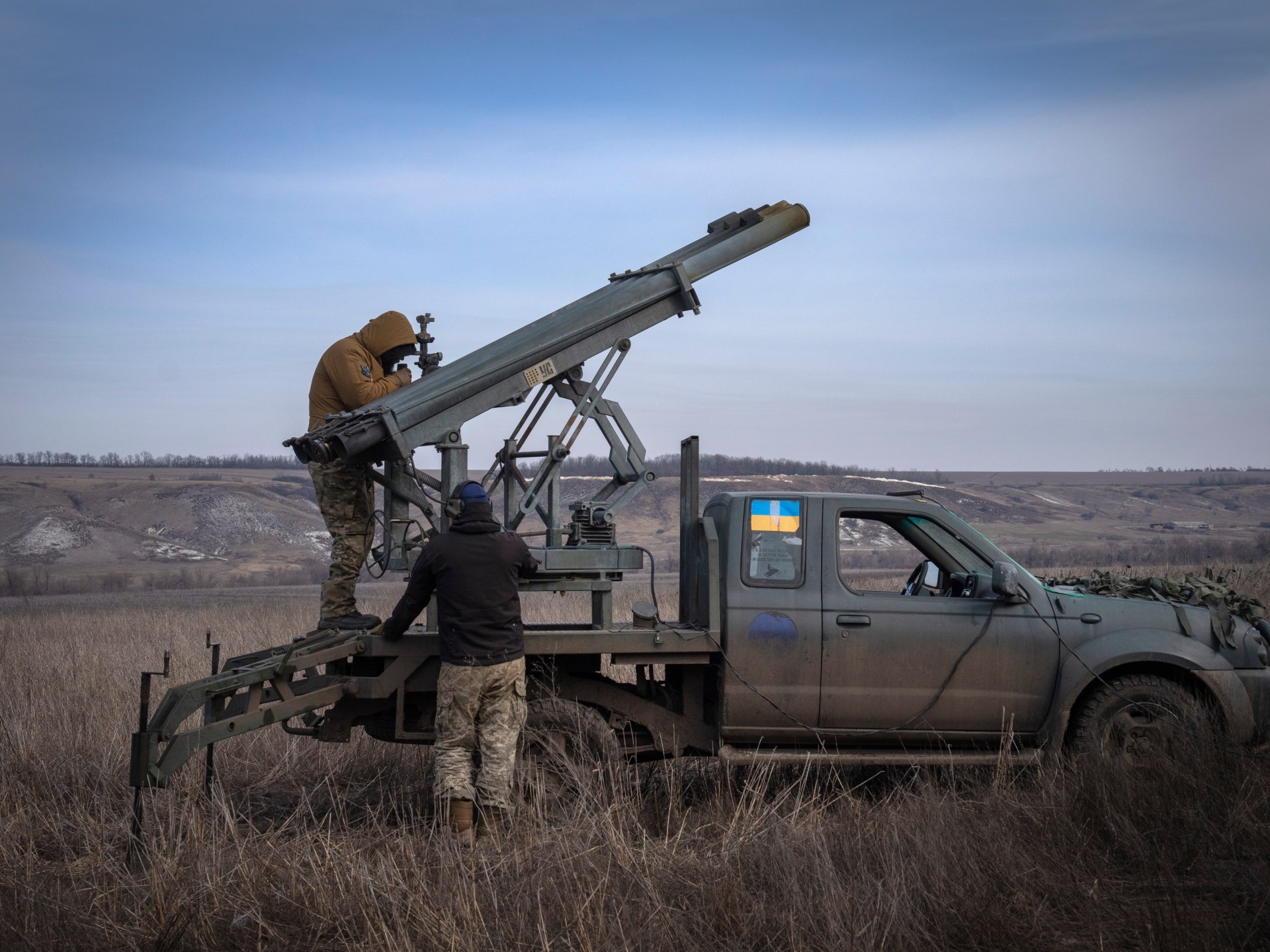NATO’s secretary-general calls on members to show the political will to offer more support for Kyiv against Russia.
Ukraine is running out of ammunition and NATO members are not doing enough to help Kyiv, the alliance’s secretary-general, Jens Stoltenberg, has said, in unusually blunt comments about the state of the war.
“Unprecedented aid from NATO allies has helped Ukraine survive as an independent nation. But Ukraine needs even more support and they need it now,” Stoltenberg told reporters at NATO headquarters in Brussels on Thursday.
“The Ukrainians are not running out of courage, they are running out of ammunition,” he said.
More than two years after Russia’s full-scale invasion, Ukraine’s military has recently been grappling with significantly reduced weapons supplies from the West.
“NATO allies are not providing Ukraine with enough ammunition and that has consequences on the battlefield every day,” Stoltenberg said.
“It is one of the reasons why the Russians have been able to make some advance on the battlefield over the last weeks and months.
“It is an urgent need for allies to make the decisions necessary to step and provide more ammunition to Ukraine. That’s my message to all capitals.
“We have the capacity, the economies, to be able to provide Ukraine what they need. This is a question of political will. To take the decisions and to prioritise support for Ukraine.”
The US on Tuesday announced a new $300m weapons package for Ukraine, but a further $60bn in funding remains stalled by Republicans in Congress.
On Wednesday, European Union countries agreed to provide five billion euros ($5.48bn) for military aid to Ukraine as part of a revamp of an EU-run assistance fund.
However, the bloc is well behind schedule in its promise, made last year, to send a million artillery shells to Ukraine by this month.
The Czech Republic has led an 18-nation coalition buying artillery shells from outside Europe, and this month Prague announced that the first of 300,000 shells could reach Kyiv within weeks.
EU leaders will meet at a Brussels summit next week to discuss initiatives aimed at boosting Europe’s weapons industry.
Meanwhile, Russia has ramped up its domestic arms production by putting its economy on a war footing and has received major deliveries of weapons from Iran and North Korea.
Check out our Latest News and Follow us at Facebook
Original Source

